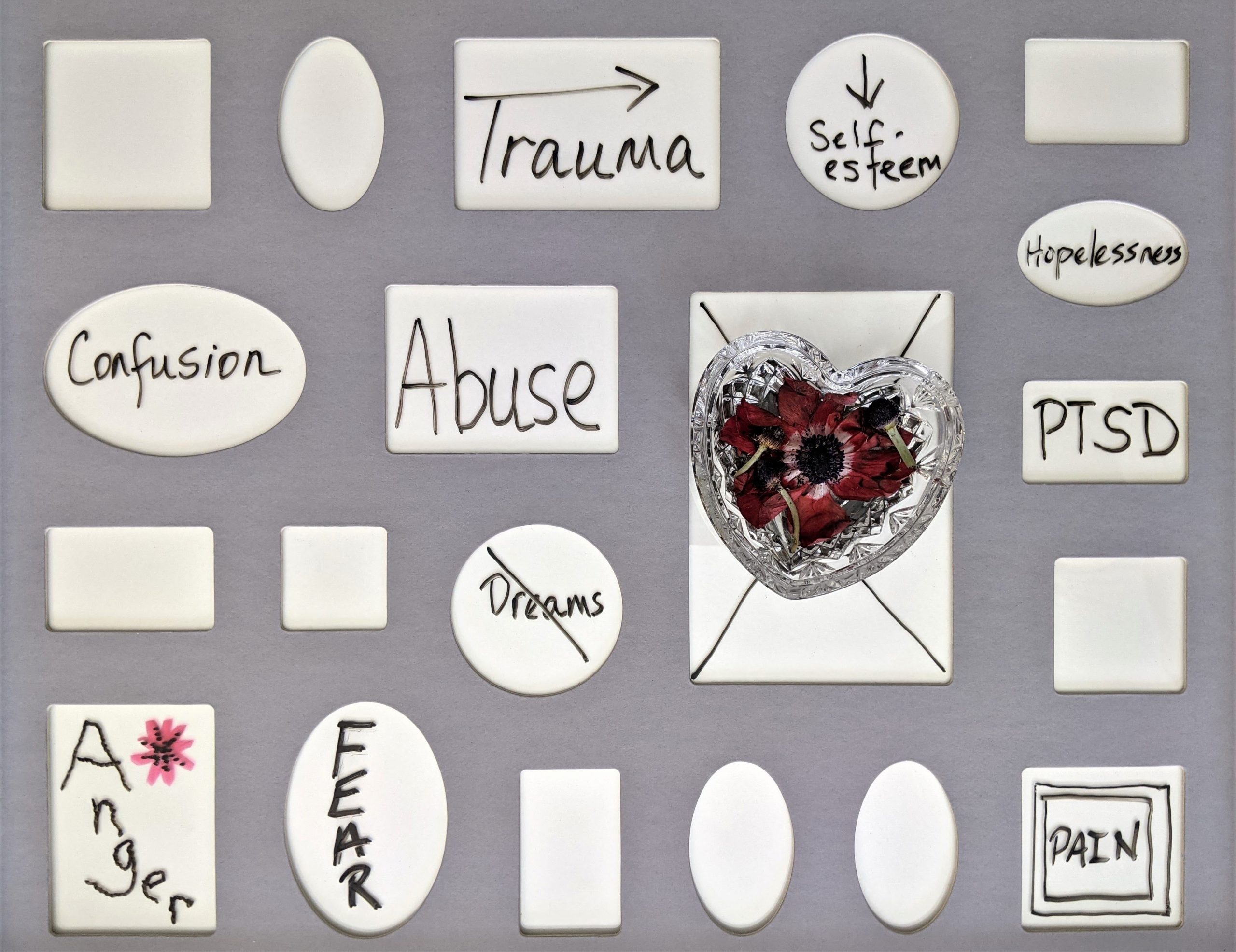Unresolved Trauma Effects
Trauma is a complex and distressing experience that can have long-lasting effects on the mind and body. When unresolved, trauma can continue to impact a person’s thoughts, emotions, and behaviour, often leading to chronic physical and mental health problems. In this blog post, we will explore how unresolved trauma affects the mind and body and why it is essential to seek help in resolving trauma.
The Effects of Unresolved Trauma on the Mind:
Unresolved trauma can significantly impact the mind, leading to a variety of mental health issues such as anxiety, depression, post-traumatic stress disorder (PTSD), and complex post-traumatic stress disorder (C-PTSD). When a traumatic event occurs, the mind often goes into survival mode, triggering the fight, flight, or freeze response. This response is critical in keeping us safe during the traumatic event, but when the trauma is unresolved, the mind can remain in this heightened state of alertness, leading to constant anxiety and hyper-vigilance.

Unresolved trauma can also cause a person to develop negative beliefs about themselves and the world around them. For example, a person who has experienced childhood abuse may believe they are unworthy of love or that the world is inherently dangerous. These beliefs can lead to self-destructive behaviour and difficulty trusting others, making it challenging to form healthy relationships.
The Effects of Unresolved Trauma on the Body:
Unresolved trauma can also have profound effects on the body, leading to chronic pain, illness, and other physical health problems. When a person experiences trauma, the body produces stress hormones such as cortisol and adrenaline, which can lead to physical symptoms such as headaches, digestive issues, and muscle tension.
Over time, the chronic production of stress hormones can weaken the immune system, making it harder for the body to fight off infections and illnesses. Additionally, trauma can lead to the development of chronic pain conditions such as fibromyalgia, chronic fatigue syndrome, and irritable bowel syndrome.
Resolving Trauma:
There are many different types of trauma therapy available, including cognitive-behavioural therapy (CBT), Eye Movement Desensitization and Reprocessing (EMDR), and somatic experiencing, such as Havening Each type of therapy focuses on helping a person process their trauma in a different way, but all are aimed at helping a person develop the tools and coping mechanisms necessary to move forward in their lives.

In addition to therapy, self-care practices such as exercise, mindfulness, and healthy eating can also be beneficial in resolving trauma. Engaging in these practices can help a person reduce their stress levels and promote feelings of well-being, which can be essential in healing from trauma.
Unresolved trauma can have significant and long-lasting effects on the mind and body, leading to a variety of mental and physical health problems. However, with the right support and treatment, it is possible to heal from trauma and move forward in life. If you or someone you know is struggling with unresolved trauma, seeking professional help is an essential first step in the healing process. Remember, healing is possible, and there is hope for a brighter future.
